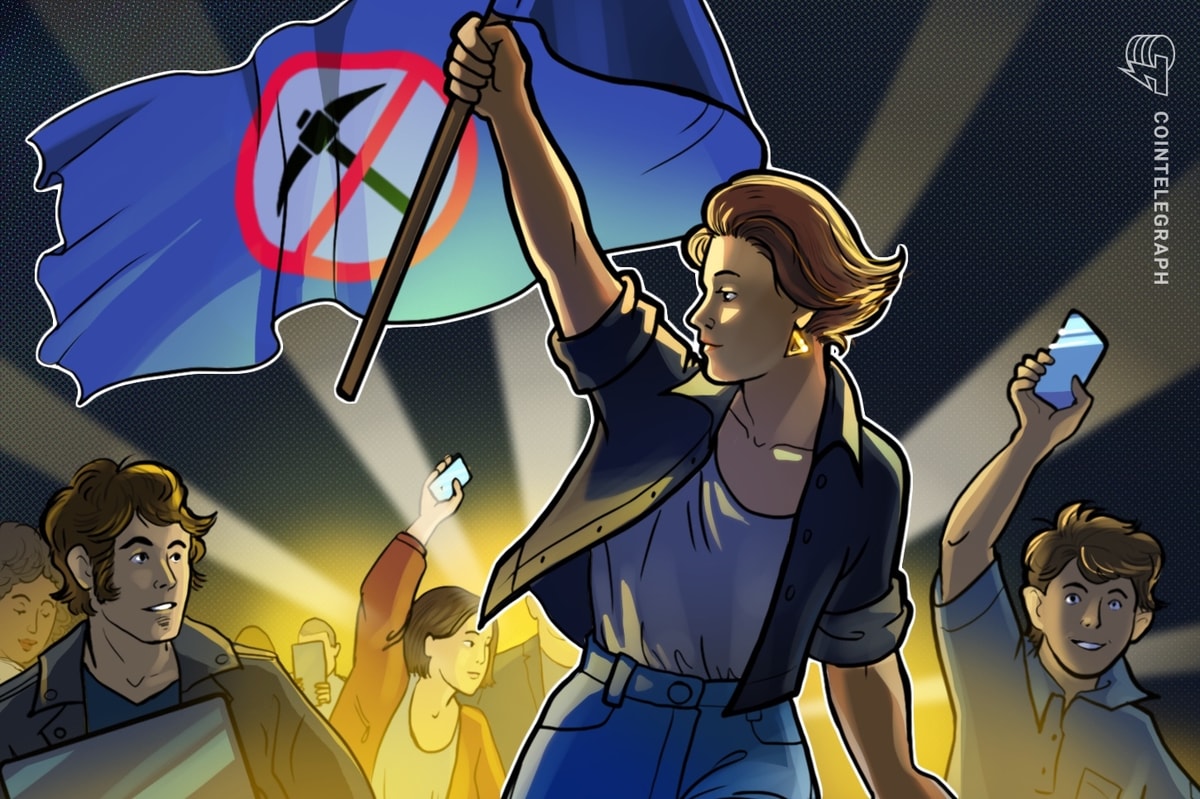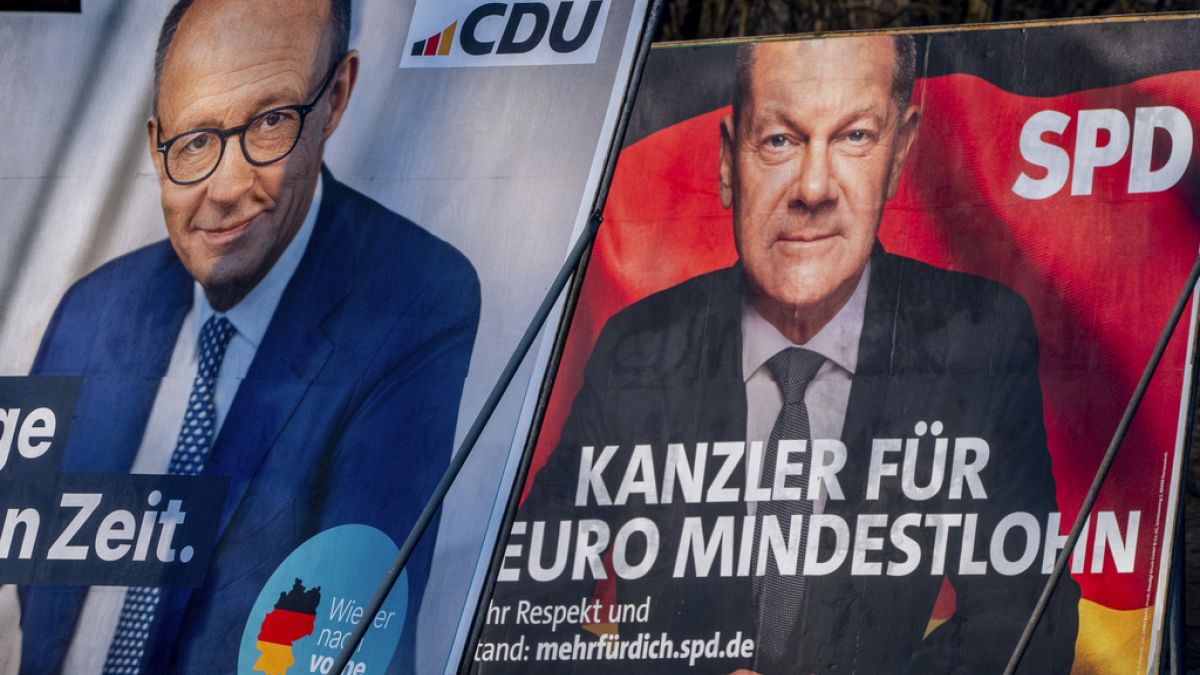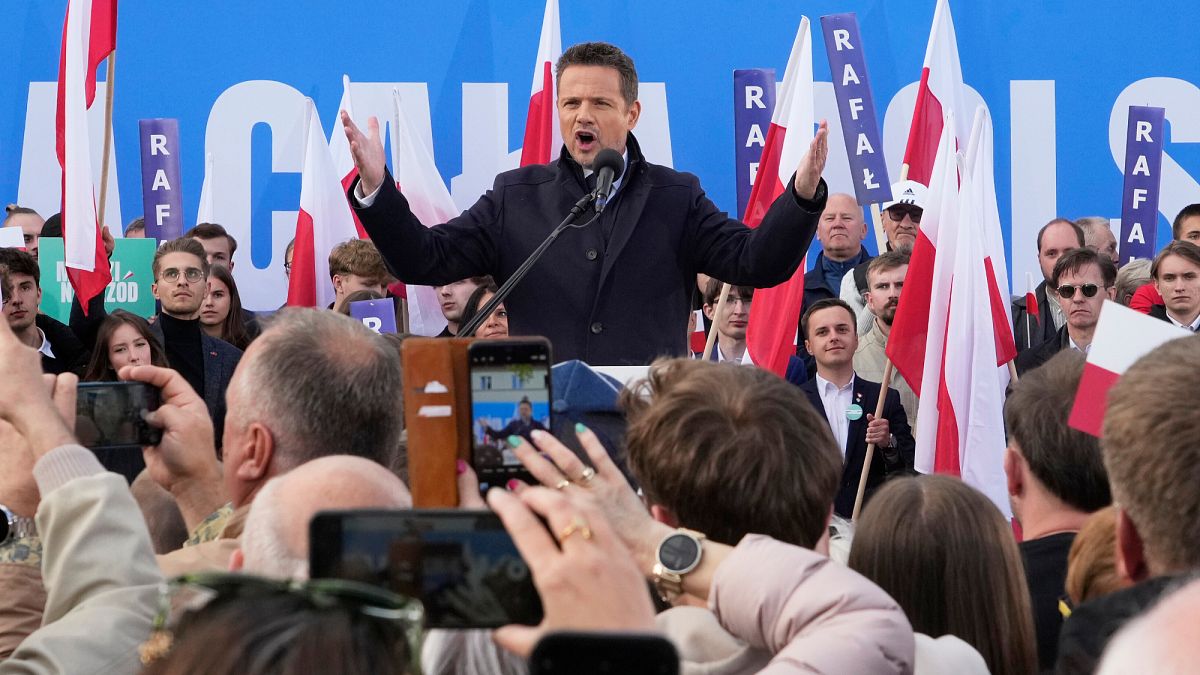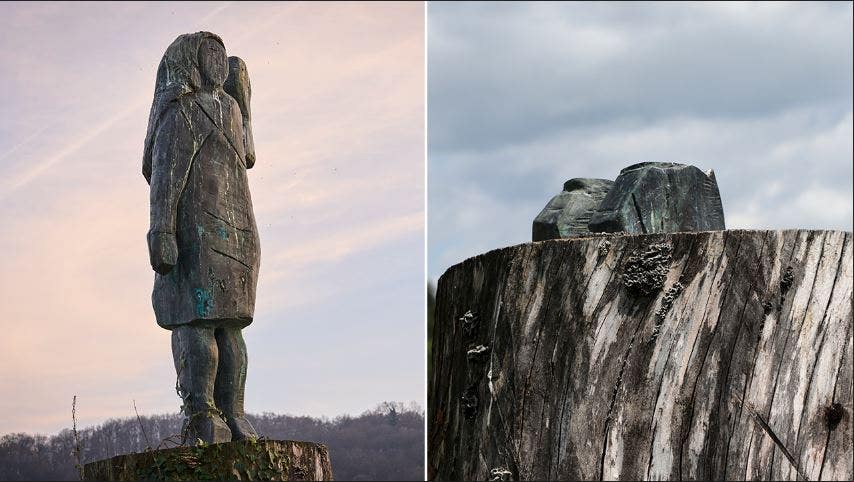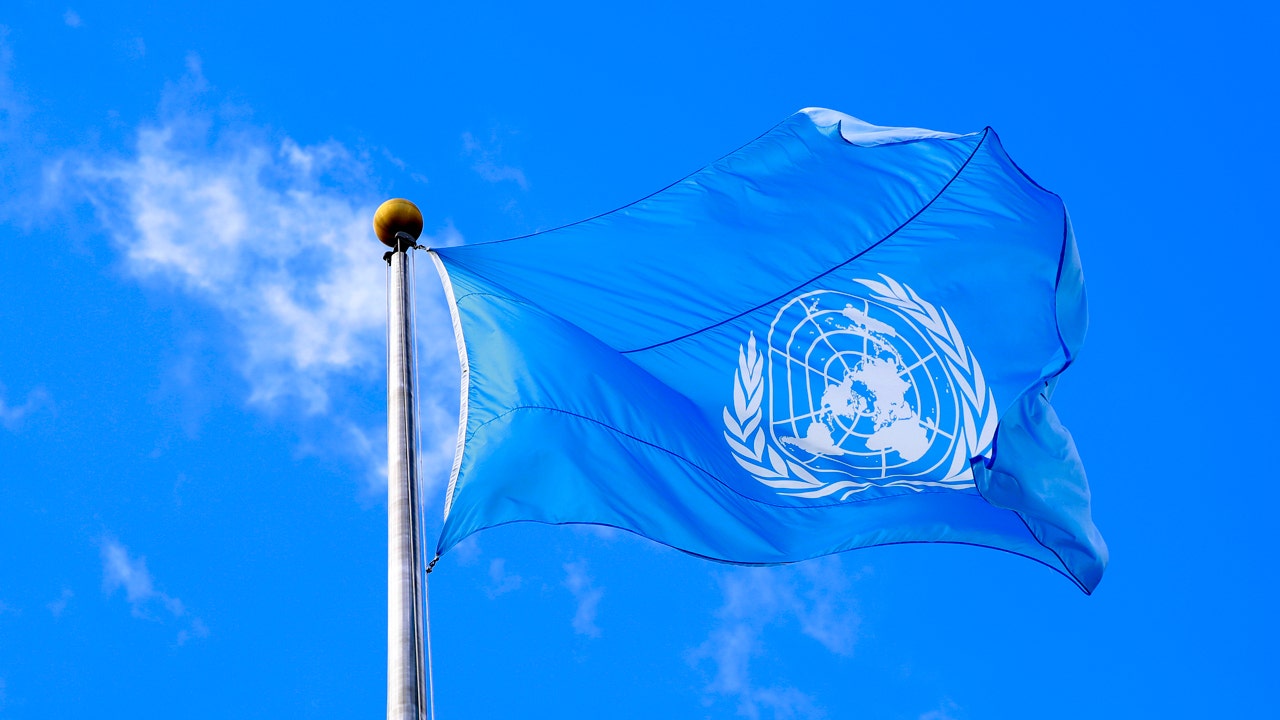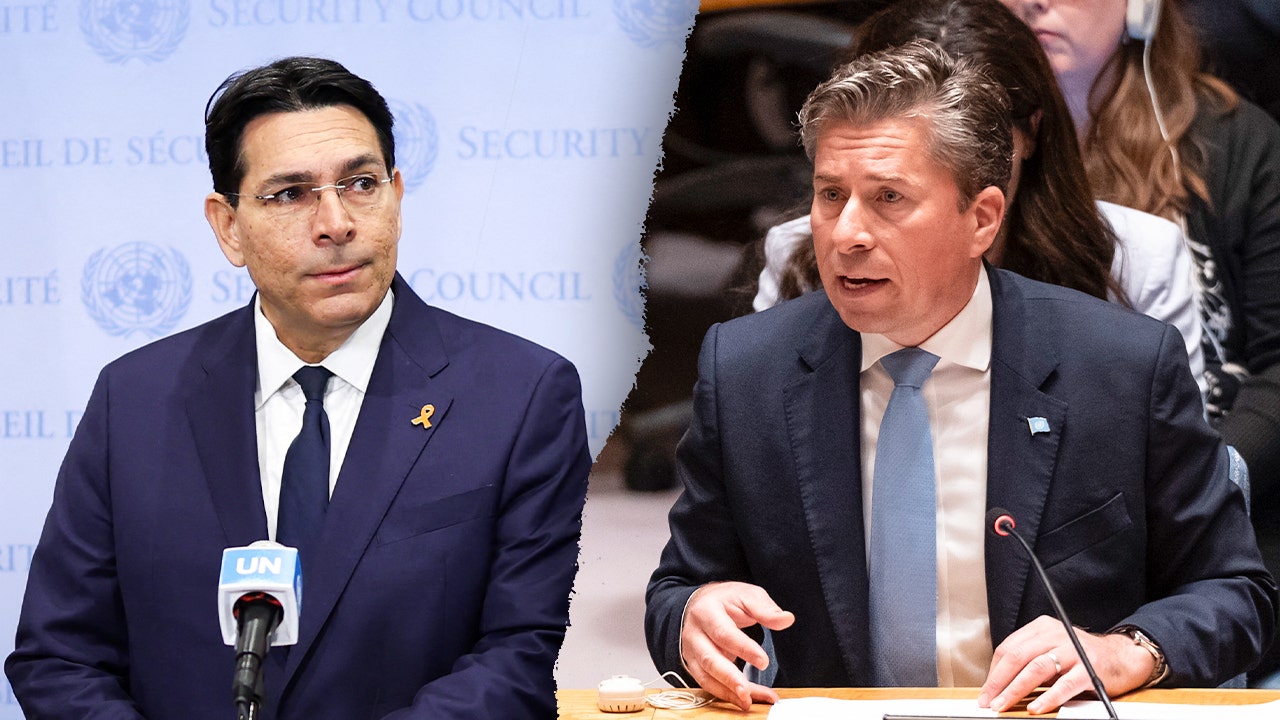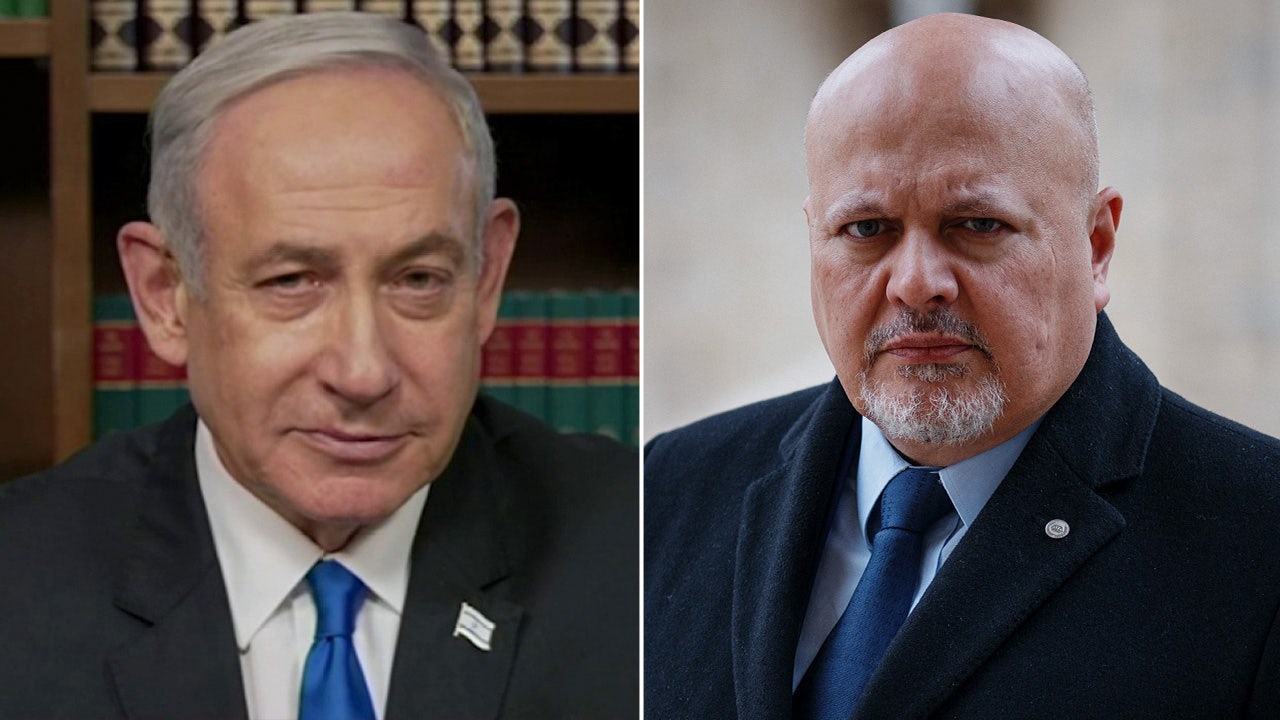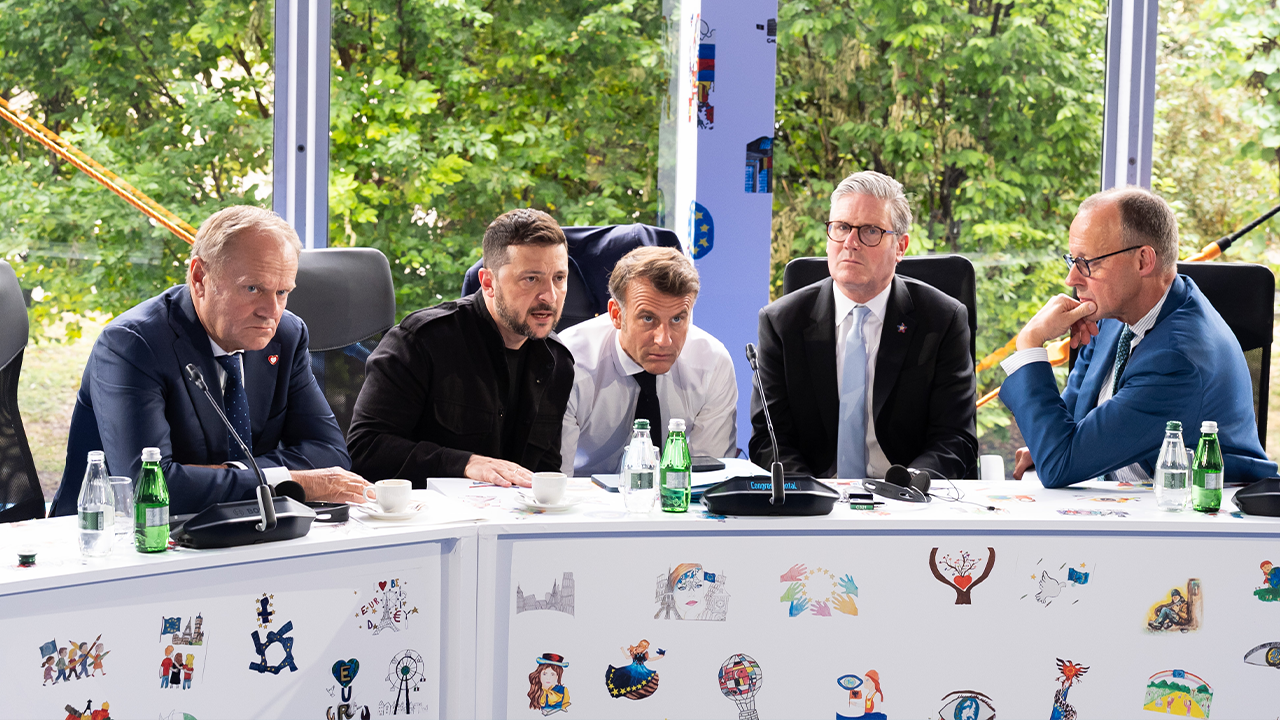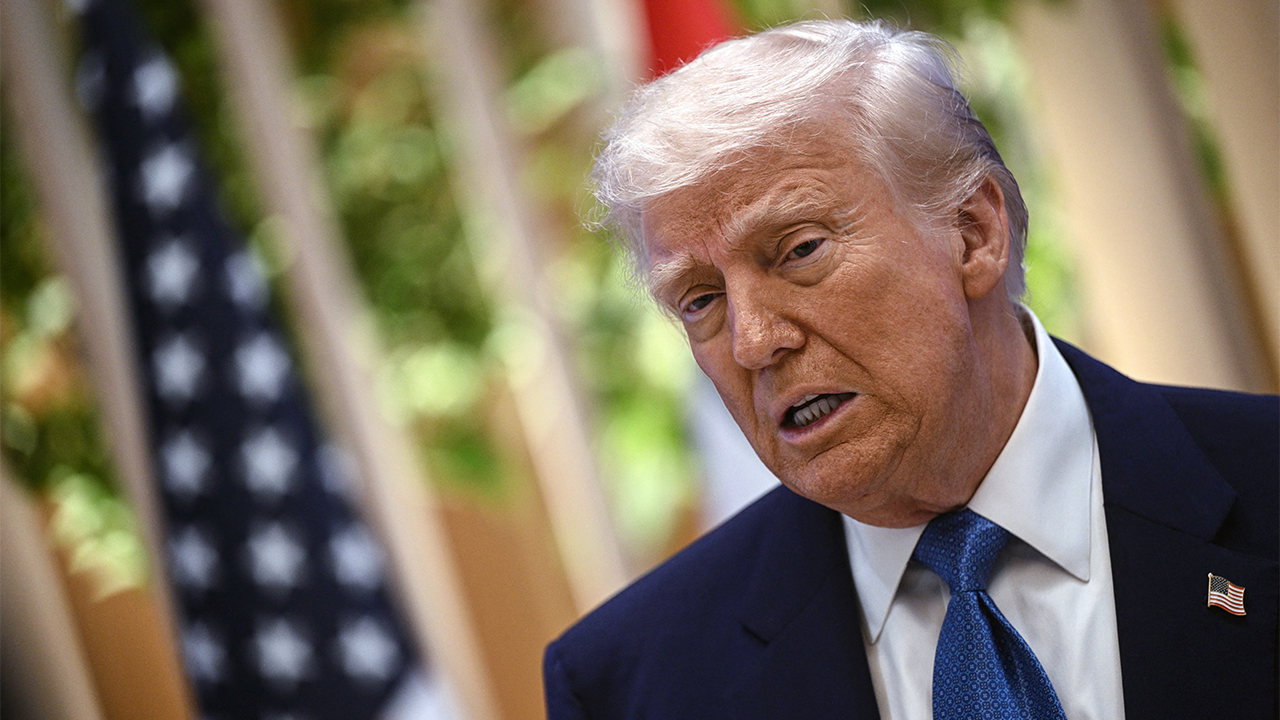As Sunday’s snap federal election nears, political parties are intensifying their efforts in the final stretch to drum up support.
Germans are set to take to the polling stations on Sunday to decide on their next government in Sunday’s federal election.
Four candidates are competing for the top chancellor job, incumbent Olaf Scholz of the Social Democratic Party (SPD), Friedrich Merz of the Christian Democratic Union (CDU), Robert Hack of the Greens party and far-right Alice Weidel of the Alternative for Germany (AfD).
As things stand, according to polls, the CDU is expected to win the election as they lead the race with a projection of about 30% support. They’re followed by the AfD who’ve made a dramatic comeback in the German political scene and are projected to win around 20%.
The SPD and Greens party are trailing behind in polls, with Scholz projected to secure around 16% of the votes and incumbent Vice Chancellor Habeck at around 13%.
On Friday, Scholz held a rally in Dortmund while the CDU’s Merz organised an event in the city of Oberhausen. The two chancellor candidates discussed a range of pressing issues and expressed their opinions to onlooking supporters in a bid to solidify their positions.
Donald Trump and Washington’s shifting foreign policy
US President Donald Trump has frequently been on the agenda of debates in German politics after returning to the White House.
Since his return, his policy and outlook to the world have driven a rift between Washington and its closest allies.
The new Trump administration has threatened to hit Europe – and a range of other countries with decades long of close relations with the US – with tariffs and trade barriers, potentially sparking a global trade war.
Trump’s government has also announced its controversial Gaza proposal, which looks to forcibly displace Gaza’s population to other countries and claim the strip under US ownership, a proposal many European countries have labelled as “unacceptable” and illegal under international law.
Trump has also expanded on his hegemonic rhetoric, expressing his desire to claim Canada as the “51st US State” and buying Greenland – an autonomous Danish dependent territory with its own government and parliament.
Trump has also withdrawn the US from the Paris Agreement and the World Health Organization on his first day in office, and threatened to leave NATO, a defence alliance crucial to European security.
The return of Trump to the Oval Office has created a global sense of unrest and ambiguity, much of which Germans are also feeling.
A recent survey revealed that 45% of German believe that Europe’s peace and security are the most important factors behind their decisions in the upcoming election.
Merz believes that the Trump administration has forced Europe to reconsider many things, namely their security and dependence on Washington. The CDU candidate has stated that Europe must fully prepare itself and be ready to secure itself, by itself, without US support, questioning the reliability of Europe’s allies across the Atlantic.
“We are seeing a change of government in America that is not just another change of government but one that may completely reshape the map of the world,” said Merz at his campaign rally.
Chancellor Scholz also discussed the US in his latest rally. The SPD candidate has slammed US Vice President JD Vance after his controversial speech at the Munich Security Conference that criticised Europe for its “restrictive” laws, immigration crisis, safety and crackdown on free speech.
“I listened to the speech by the American Vice President at the Munich Security Conference. What he said there is something that we see differently.”
“I expressly say that in this country you can’t just go around shouting insults, not in this hall, not in the marketplace, not in any park and not on social media,” continued Scholz.
The German chancellor also commented on Tesla and SpaceX boss Elon Musk who has waded into the German election by hailing the far-right AfD as the “country’s saviour”.
“I have nothing against people who are billionaires but billionaires because you want the right to offend and commit crimes, that’s not okay and that’s why we in Europe will insist on our rules. Rules that say, for example, that Nazi symbols are banned in Germany and that it stays that way,” Scholz noted.
Russia’s full-scale invasion of Ukraine
The Kremlin’s almost three-year long assault on Kyiv is one of the hot topics of this election.
Politicians in Germany have expressed differing views of the conflict, with some, like the AfD’s Weidel favouring an end to German aid and weapons deliveries to Ukraine.
Trump’s sidelining of Europe as he looks to bring an end to the war has also been an important issue to tackle. The 47th US president has opted to pursue direct peace talks with Russia’s Vladimir Putin without consulting or giving Europe a seat at the table.
European politicians have slammed the initiative stating that no deal in Ukraine can survive without European implementation. They also argued that Ukraine must decide on its future and no deal can be implemented without their agreement or forced upon them.
The German opposition leader, Friedrich Merz, says his party will continue to support Ukraine, arguing that it’s security is integral to Europe’s.
“We were very wrong about what happened in Ukraine, not in 2022 when it became obvious, in 2014 when it started,” said Merz.
“We can’t be wrong again. If we make another mistake, if we are wrong again, then the price will not only be very high for the people in Ukraine, then it will be very high for us too,” continued Merz.
Chancellor Scholz has also pledged to continue supporting Ukraine both militarily and financially. Scholz has routinely stated that his government will continue to help Ukraine for as long as it takes as Kyiv continues to fend off Moscow’s attacks.
“We will not leave Ukraine alone, we will not decide over their heads. We will ensure that it is a country that decides for itself who governs there” said Scholz at his rally in Dortmund.
Europe’s biggest economy is the 27-nation European Union’s most populous nation and a leading member of NATO, as well as the second-biggest weapons supplier to Ukraine, after the United States, following Russia’s full-scale invasion in 2022.
Germany’s next government will be central to Europe’s response to an assertive new US administration.
Polls are due to open at 8 am and close at 6 pm on Sunday. Germans can also vote by postal ballot, but their ballot must arrive by the time polling stations close on election day to be counted.
Exit polls will come and vote-counting will begin immediately after voting ends, and the general picture of the outcome should be clear very quickly. A final official result is expected early Monday.
Read the full article here


